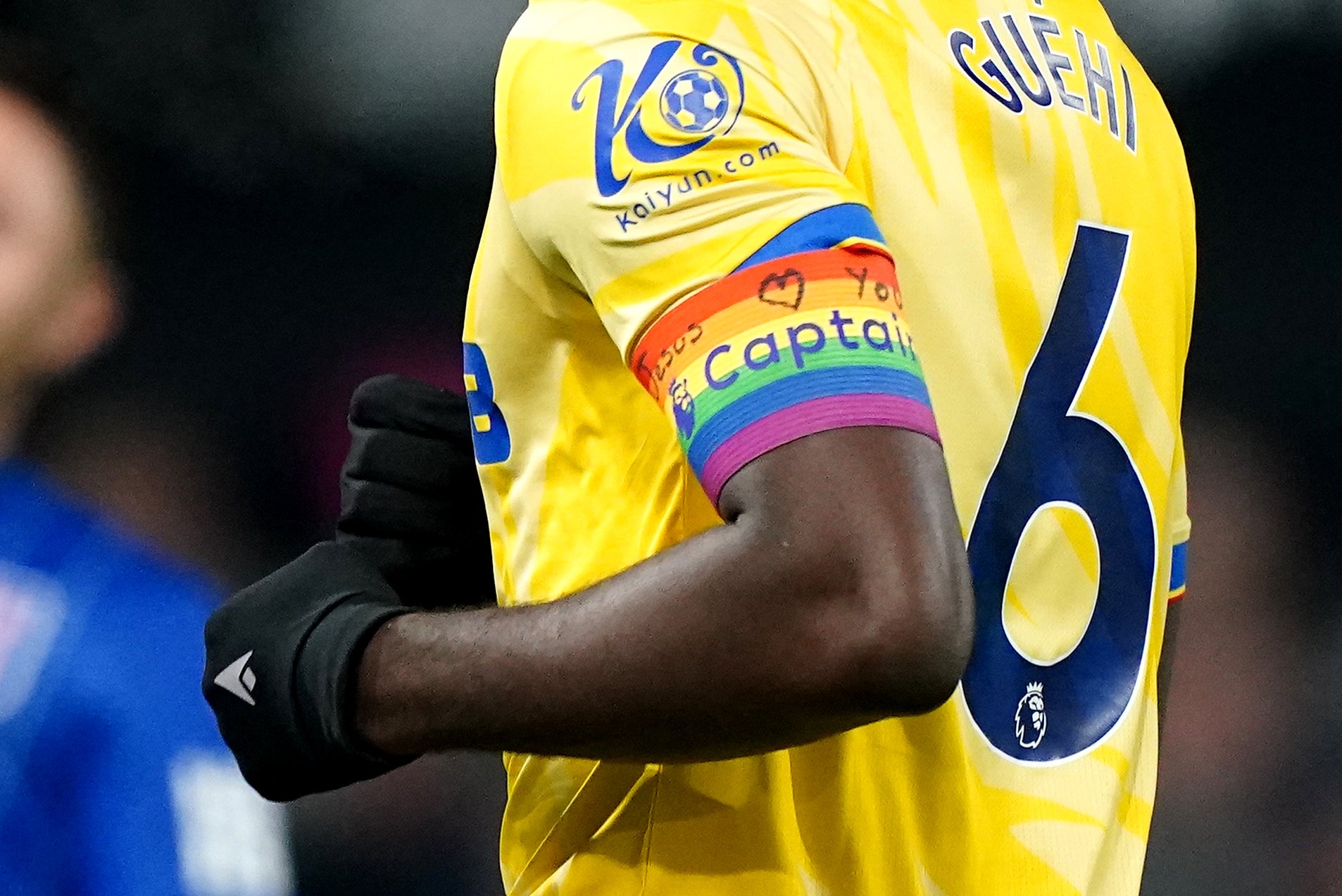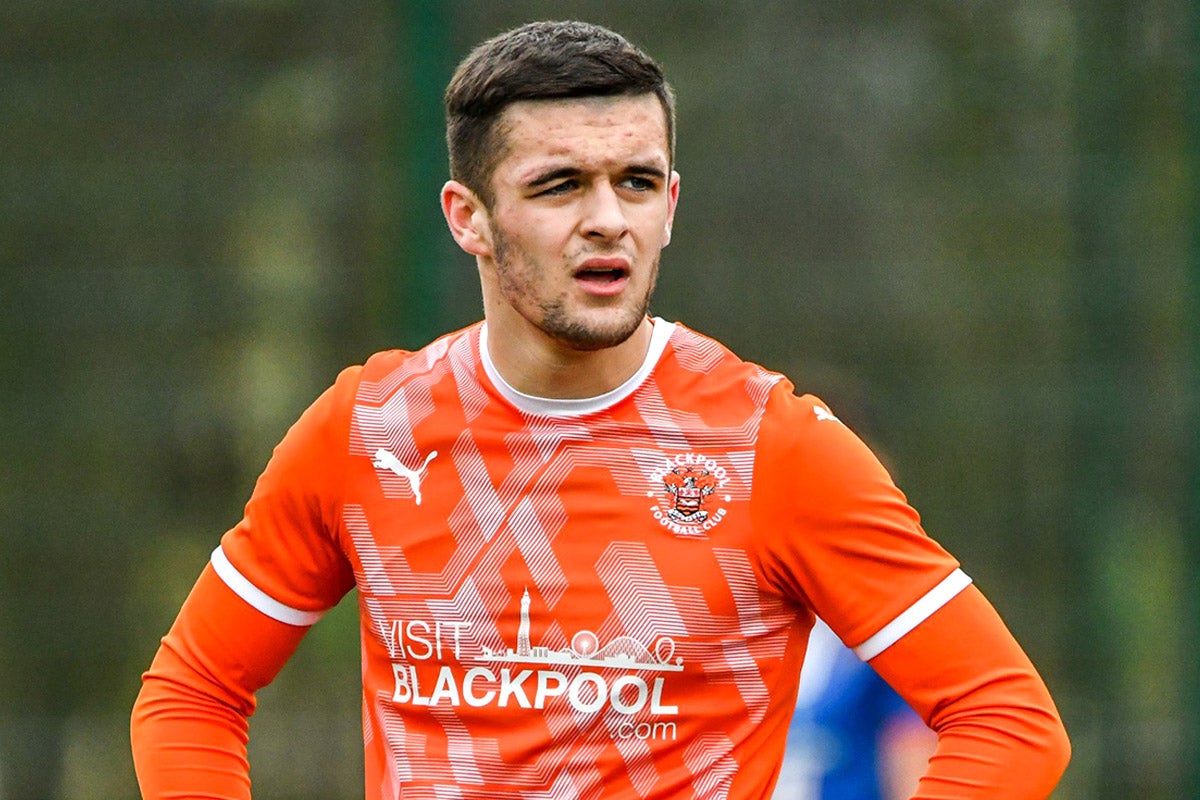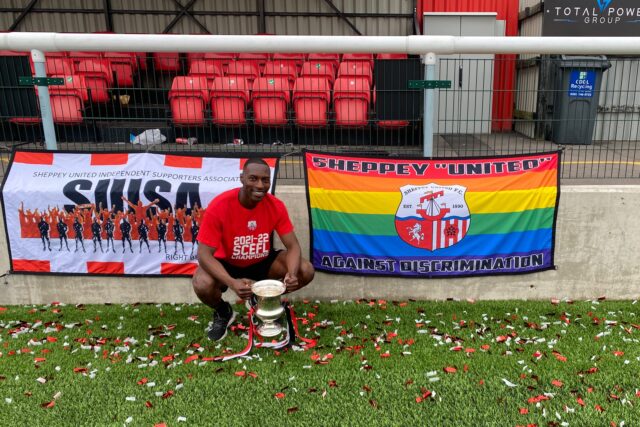Your support helps us to tell the story
From reproductive rights to climate change to Big Tech, The Independent is on the ground when the story is developing. Whether it’s investigating the financials of Elon Musk’s pro-Trump PAC or producing our latest documentary, ‘The A Word’, which shines a light on the American women fighting for reproductive rights, we know how important it is to parse out the facts from the messaging.
At such a critical moment in US history, we need reporters on the ground. Your donation allows us to keep sending journalists to speak to both sides of the story.
The Independent is trusted by Americans across the entire political spectrum. And unlike many other quality news outlets, we choose not to lock Americans out of our reporting and analysis with paywalls. We believe quality journalism should be available to everyone, paid for by those who can afford it.
Your support makes all the difference.
On a rainy summer’s night in 2021, Jahmal Howlett-Mundle was sitting in the back of a car with four of his teammates, actively sweating as he built up the courage to tell them. “It was scary,” he remembers. “Very, very scary. I just couldn’t bring myself to let the words come out of my mouth.”
When he finally told them he was bisexual, their reaction was one of love and understanding. “That really melted my heart because I just needed someone to say, look, whoever you are, whatever your identity is, we’re here for you.”
Growing up in south London, Howlett-Mundle first started to notice he was attracted to boys and girls at around nine years old, and it would be a painful 15-year journey before coming out aged 24. He spent nine years in Crystal Palace’s academy, regularly hearing homophobic slurs while wrestling with his sexuality and how it fitted with football.
“As a teenager I was really starting to understand that this is who I am, and that there are people who don’t agree with or don’t accept my identity. I was fearful that if I challenge [homophobia] and somebody gets a bit of an inkling that I’m different to them, then what is going to be the backlash on me? Is my career going to suffer? Is my mental health going to suffer?
“I know this is inside of me, but all the signals around me were suggesting that for people like myself, there isn’t a place for us in football.”
After he was released by Palace aged 18, Howlett-Mundle signed a professional contract with Scottish club Hearts, but when his deal wasn’t renewed he returned south to play for Dover Athletic, the first of several semi-professional clubs.
He struggled mentally as he tried to keep playing while hiding his sexuality. “There have been so many occasions in the past where I just haven’t even wanted to get out of bed, I haven’t wanted to speak to people, haven’t wanted to go to football. I stopped playing for about six months in 2019 because it just got too much.”

On his return he joined Sheppey United, after personal conversations with the chairman, and came out publicly the following season. Yet despite the warm reception at Sheppey, the story took a dark turn when he was abused by an opponent during an FA Cup match. The incident left him shaken and the criminal process which followed became a year-long nightmare of police interviews and court hearings, at the end of which Tower Hamlets’ Ayokunle Odedoyin was sentenced to 120 hours of unpaid work.
“It took me a very, very, very long time to recover from that,” Howlett-Mundle says.
Now a defender for Isthmian League side Sevenoaks Town in Kent, the 27-year-old is speaking to The Independent at a moment of heightened scrutiny on the LGBTQ+ cause in football.
Ipswich Town captain and practicing Muslim Sam Morsy refused to wear a rainbow armband in support of the Premier League’s Rainbow Laces campaign due to his religious beliefs, while Crystal Palace captain Marc Guehi wrote “I love Jesus” on his armband. Manchester United’s squad meanwhile decided not to wear a specially designed jacket in support of the campaign after Moroccan defender Noussair Mazraoui objected.
Judging by some of the reaction on social media and in certain sections of the press, the simple message of the Rainbow Laces initiative – that everyone is welcome to play and watch football – appears to have been lost along the way, and interpreted in some quarters instead as a kind of sinister plot to promote homosexuality and trans identity.
Howlett-Mundle believes the campaign needs less symbolism and a more direct mission statement. He has worked closely with Zander Murray, Scotland’s first out gay male professional footballer, and agreed when Murray recently said the Premier League needs to “do less rainbows” and “focus more on an anti-homophobia message”.

“I think it’s a brilliant symbol of allyship, of advocacy,” Howlett-Mundle says of the rainbow imagery seen around Premier League grounds. “But at the same time, are the conversations [on discrimination] being had with the captains? Are the conversations being had in the hierarchy of the clubs themselves? If those conversations aren’t happening, then it’s just another case of, OK, cool, we’re wearing an armband and then once the campaign is over, everyone just moves on. When really and truly, people like myself exist every single day.”
Those Premier League captains who support the campaign should be celebrated, he says, and everyone is entitled to opt in or out. But he is concerned about how a gay or bisexual player would feel at Ipswich, Palace or United right now. “I would be thinking, ‘Am I going to be able to be myself in the dressing room? Maybe this isn’t the place for me’.”
So perhaps the stories of footballers like Howlett-Mundle and their experiences in the game can help break down the conformist male culture that still grips the sport. He has since played against his abuser after that incident in 2021, and they were able to share a civil conversation about what happened.
“I’d like to think that he’s had an opportunity to reflect and learn from it, and that’s something that’s really powerful.”
Howlett-Mundle has moved on too. He is a mentor at a local secondary school alongside his football, and he is proud of the work by Sevenoaks Town over recent weeks to show their support to the local LGBTQ+ community. He salutes the bravery of players like Blackpool’s teenager Jake Daniels, who came out as gay two years ago, and points to allies like Bournemouth’s Lewis Cook, who said this week that the squad would welcome a gay teammate “with open arms”.

Change has happened, and is happening. But there’s a long way to go, and giving the Rainbow Laces campaign a new lease of life is one place to start.
“All that we’re asking for is, can we step into a footballing environment and just step into a football environment, not having to worry about whether someone’s going to say something against me or someone I care about today? Or am I going to go into a ground and hear a homophobic chant?
“I think the campaign should continue running. Does it need to be adapted or changed? Yes. But ultimately the work is done through educating people.”






